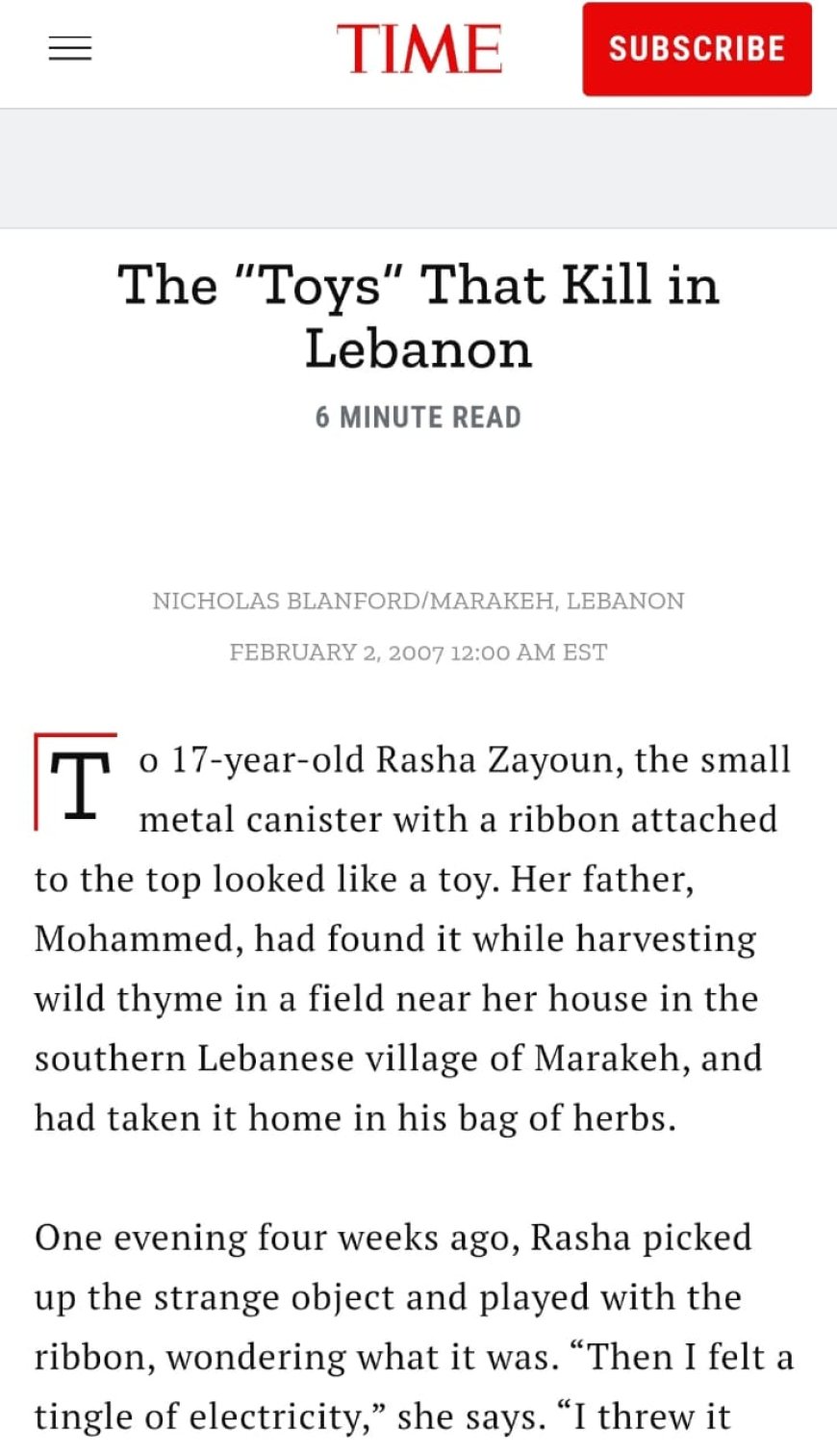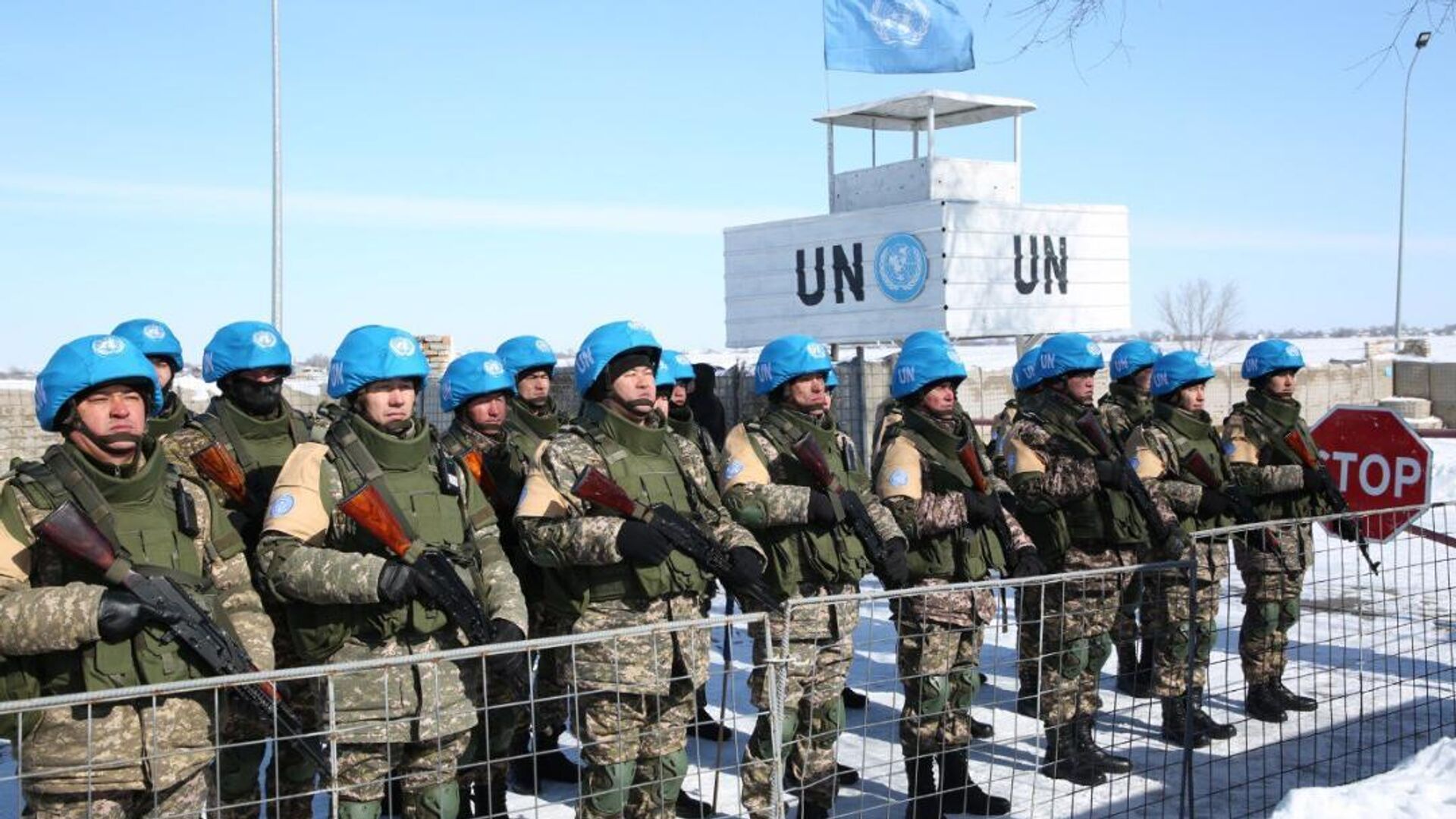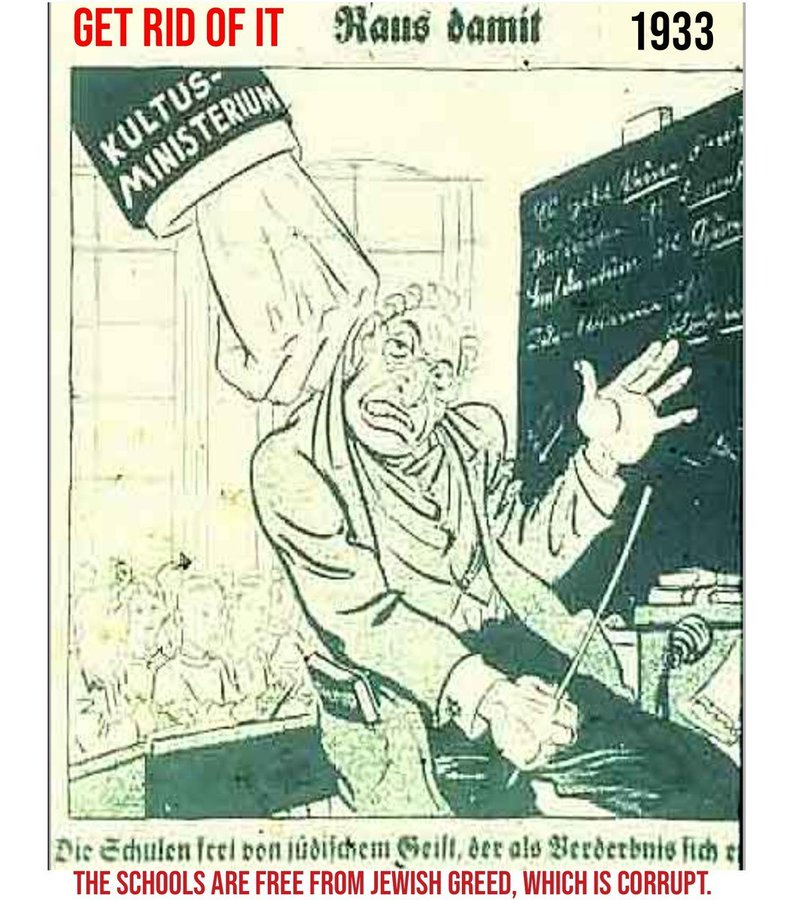Israel's Use of Cluster Bombs in Lebanon: Possible Violations and Humanitarian Consequences
During the Second Lebanon War (2006), Israel used cluster munitions in southern Lebanon, causing numerous civilian casualties, including children. The US State Department is investigating whether Israel violated agreements with Washington on the use of cluster munitions.

During the Second Lebanon War (2006), Israel used cluster munitions in southern Lebanon, causing massive civilian casualties, including children. According to the UN, about 30% of the cluster submunitions fired by Israel failed to detonate, leaving behind scores of unexploded bomblets in residential areas, gardens and fields.
After the fighting ended, hundreds of thousands of civilians began returning home to find thousands of dangerous bomblets threatening their lives. Chris Clark, head of the UN's demining program, called the cluster munition situation in southern Lebanon "the worst" he has seen in his career.
The US State Department has launched an investigation to determine whether Israel violated contracts for the use of US-made cluster munitions, which limit their use to legitimate self-defense and for purposes that do not endanger civilians. If the allegations are confirmed, the US may reconsider its policy of exporting these munitions to Israel.
The editorial board is not responsible for the content and accuracy of material taken, sent or obtained from other sources. The publication of such materials is for informational purposes only and does not imply automatic endorsement or approval of their content.



:focal(0.49:0.37):format(webp)/YXJ0aWNsZXMvaW1hZ2UvMjAyNS80LzIwMjIxMjAzLWdhZi11NTUtNzkwLmpwZw.webp?w=1920)





















